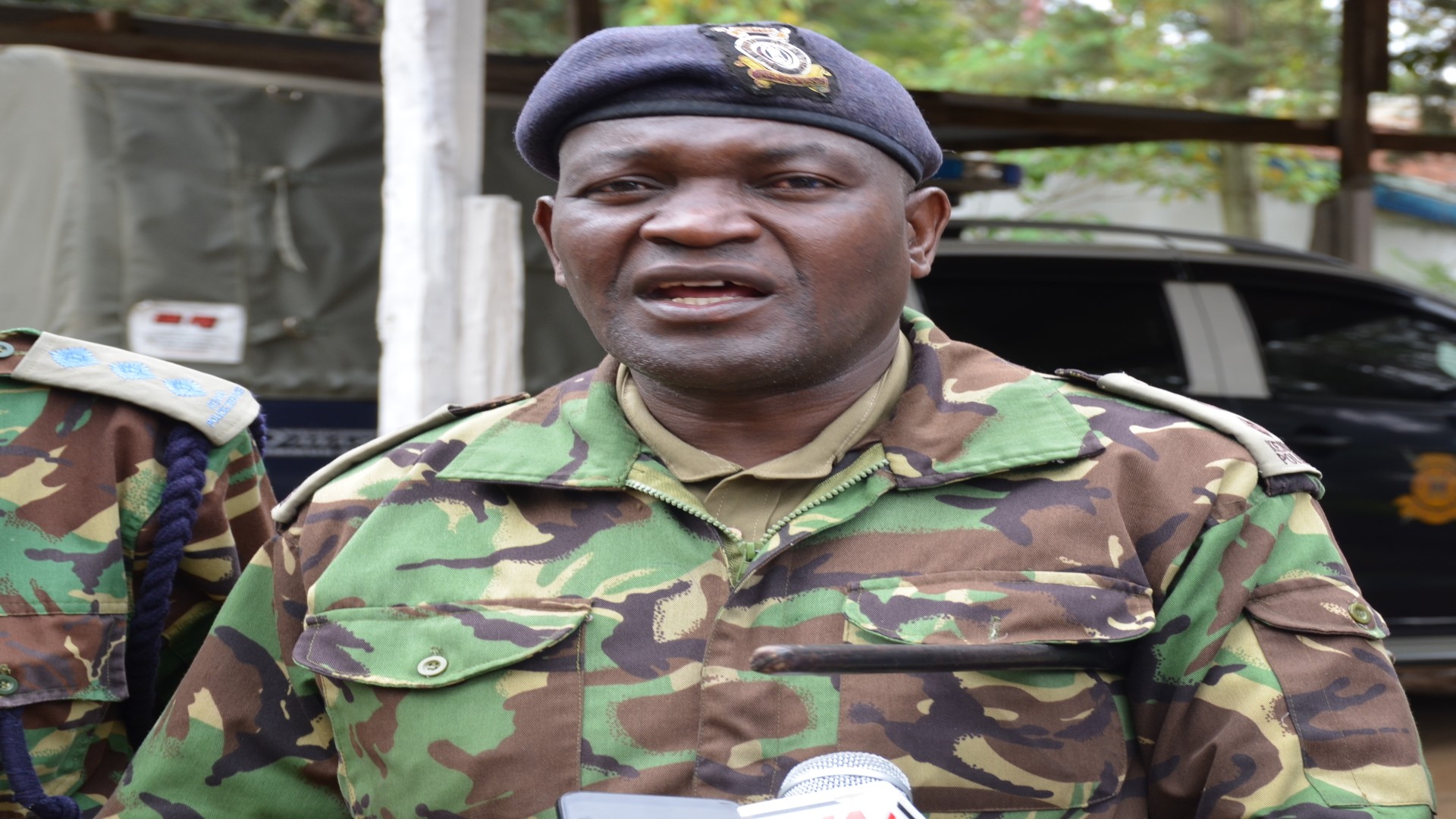Nakuru County Government has allocated more than Sh500 million in the improvement and establishment of water supply infrastructure within the devolved unit.
Governor Lee Kinyanjui confirmed that over 70 percent of the projects had been completed and commissioned across the 11 sub-counties while a few others were nearing completion.
Over 100,000 families residing in Bahati, Rongai and Subukia sub-counties are set to benefit from Sh15 million Morop dam water project that was commissioned by Kinyanjui last month.
According to the governor, the dam will supply water to over 50 communal water points, 7 secondary schools, 12 primary schools, dispensaries and Kabarak University which have been afflicted with perennial water shortage for a long time.
The Governor said the move to find long and short-term water shortage solutions would contribute towards sustainable development in the county.
He observed that Nakuru Water and Sanitation Services Company (Nawassco) has been rationing water due increased demand in the city and its environs resulting from increasing population and expansion of County residential areas.
He said the company has a capacity of producing 45,000 cubic metres of water daily against a demand of 70,000 cubic metres.
“To plug the deficit in Nakuru city and all the other 10 sub-counties, we have to invest heavily by drilling boreholes, construction of dams and also share water resources from other counties,” he said.
The governor added that water coverage in the county has increased to more than 60 percent up from 42 percent five years ago through drilling of boreholes, increased water connections and rehabilitation of existing water projects.
In Njoro Sub- County, 1, 500 households have been connected to the Sh12 million Borehole water project.
The Governor has also commissioned a Sh5 million water project located at Ndabibi Secondary School in Naivasha Sub-County which is serving the community and institutions in the area.
He added “At Ndabibi we drilled a borehole, installed a pump and constructed a pump house and tower which is equipped with reservoirs that have a capacity of 20,000 litres. The project serves Ndabibi Secondary School that has over 850 students, Ndabibi Primary School with 1,250 pupils. It also serves 2,000 people living in the area.”
To provide a long-lasting solution to water shortage, the County Government is planning to build a dam in the area and pump the water into homes.
He said the Sh27 million Mau Summit water project in Kamara Ward within Kuresoi North Sub County was serving 7,000 households in the area while the Sh6.9 million Nyondia Water project in Malewa West Ward within Naivasha Sub-County was supplying piped water to 500 homes and institutions in the area.
The County Government has also invested in Sh42 million in water projects in Keringet Ward, Kuresoi South since 2018.
The Sh3.4 million Tulwet Water Project also in Kuresoi South is operational and supplies water to 3 schools and benefits 1,000 residents.
Other water projects in the Sub County include drilling of a borehole in Chebaraa, drilling of 2 boreholes in Keringet town, drilling of 2 boreholes each in Swot and Silibwet.
Additional funds have been allocated to supply piped water to Keringet town.
He however observed that some areas in parts of Gilgil, Molo, Njoro, Kuresoi North, Rongai, Naivasha and Kiamunyi have been adversely affected by water shortage which has forced the county to seek short term measures.
He said major long-term solutions are in the works including the construction of Itare Dam in Ndoinet Kuresoi North by national government in partnership with Rift Valley Water Services Board which oversees the development and management of water resources in eight counties including Nakuru and Baringo.
Itare Dam, whose construction stalled after its contractor Cooperative Muratoi Cementisti Di Ravenna filed for bankruptcy three years ago, is expected to provide clean drinking water to about 800,000 residents of Nakuru County. The dam is expected to yield 100,000 cubic meters of water per day.
Governor Kinyanjui urged Nakuru residents to also play their part in conserving water.
He added that various short-term measures have been effected including rationing where necessary, water distribution by tankers where the County has committed 16,000 litre tankers to deliver water to critical areas and facilities like hospitals.
Kinyanjui also urged farmers to invest in rainwater harvesting structures such as water pans which would help store water when the rain season starts thus averting water shortage.
The governor observed that the County Assembly had endorsed several legislations aimed at conserving the environment, adding that people have encroached and cultivated around rivers posing a danger to catchment areas.
He called on residents living along rivers to plant more trees.


